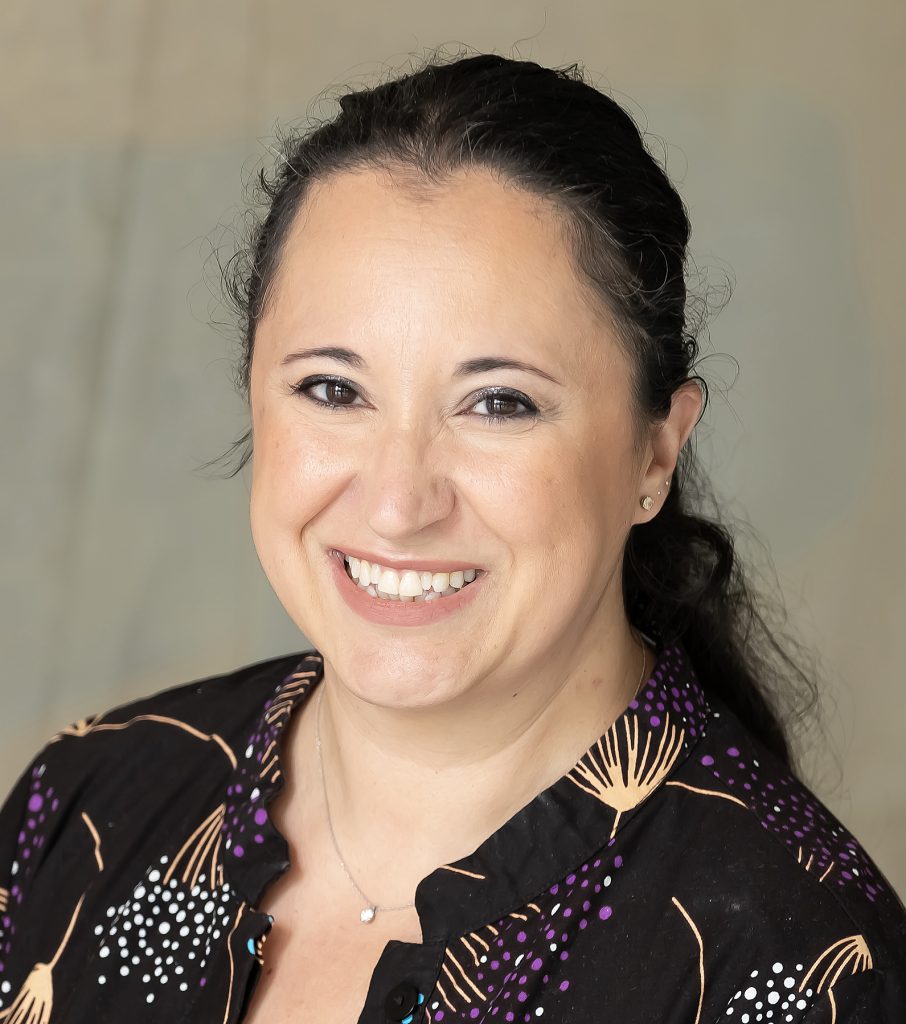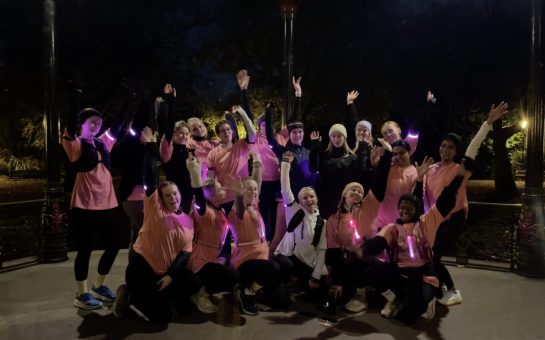London and Essex-based university professors have demanded better support for individuals facing early endings to pregnancy.
In a report in October 2024, Understanding the Experience of Early Pregnancy Endings as a Workplace Issue, professors explain that Under the UK’s Equality Act 2010, women are protected from being discriminated against because of their pregnancy, or because they have given birth during previous 28 weeks.
However, there is no pregnancy-specific leave available for women and non-binary individuals who have experienced early pregnancy endings, before 24 weeks of gestation.
Brunel University‘s Professor Julie Davies said: “It’s pretty scary and harrowing to hear stories of people who have had miscarriages within the workplace itself.
“It’s a very common experience, but it is very uncommon to talk about the experience.”
Davies, formerly a University College London professor, worked alongside University of Essex’s Professor Ilaria Boncori and their colleagues from the Open University to demonstrate that workplaces must provide better support to individuals experiencing endings.
Boncori reported early endings of pregnancy are very common and, 25% of pregnancies end in miscarriage.
Bonori said: “40% of respondents said they needed more compassion in their workplace.
“This saddens me because they’re not asking for the moon, rather they are asking to be seen as human beings, not robots in the workplace.”
Workplaces were found to often fail to acknowledge the degree of emotional and physical suffering women face, offering little to no support.
The research showed organisational policies, such as the provision of training and support, are needed across all types of pregnancy endings, including miscarriage, termination, molar, and ectopic pregnancies.
Boncori stressed a late pregnancy ending did not necessarily provoke a greater emotional impact.
She said: “In terms of emotional well-being, trauma, or experience of loss, the fact that you might have a miscarriage at eight weeks does not mean that it is less significant than someone who has a stillbirth at 37 weeks.”
In the report, one interviewee expressed how she was forced to take leave when asking for a more flexible sick leave to recover.
Her line manager said: “You are either back 100% or you are back 0%.”

Boncori explained workplaces not only need to offer policy leave entitlements, but also support which can adapt to individual needs because experiences of pregnancy ending are different for each person.
Esther Spring, an organisational learning lead in digital and data capabilities, innovation, and sustainability at the Open University, shared her story.
As a mother of two who has suffered five miscarriages, she reported that her friends struggled to understand why she had experienced grief despite not having given birth.
Spring said: “They asked me, why are you so attached to it?
“I tell them that she carried it for a long time and hopes and dreams.
“I lost a life I could have had.”
The emotional impact of early pregnancy endings is not only experienced by the individual who has miscarried but also by their partner.
Spring said: “Quite often the mothers also try to support the partner through this, and that’s what I don’t think people understand.”

Boncori addedd: “Individuals who experience early-pregnancy endings as a loss are not just losing the physical body of what most people call a baby or a fetus or an embryo.
“After going through IVF for many years, people may be losing their dreams, they may be losing a sense of self-identity.”
Early endings of pregnancy are not only suffered by cis women.
The professors also spoke to members of the LGBTQ+ community, including a non-binary person, who felt belittled by their experience.
Jo Brewis, a professor at the Open University, said: “The miscarriages of non-binary individuals are ignored as if they didn’t exist, and that is appalling.”
Boncori noted that while she was fortunate enough to have supportive line managers and an inclusive workplace environment, she understands that this is not necessarily the case for others.
While conversations are gradually changing, workplaces are becoming more adept at those around early pregnancy endings.
Davies said: “Rather than allowing people to suffer in silence, it’s important to talk to them about their challenges and listen to the kind of support people want.”
Boncori added: “Should be the provision of support and information through policy, training, and other processes in the workplace so that people don’t have to count on their luck, or hope to be lucky too and have understanding line manager.”
Featured Image: Free to use from Pexels





Join the discussion